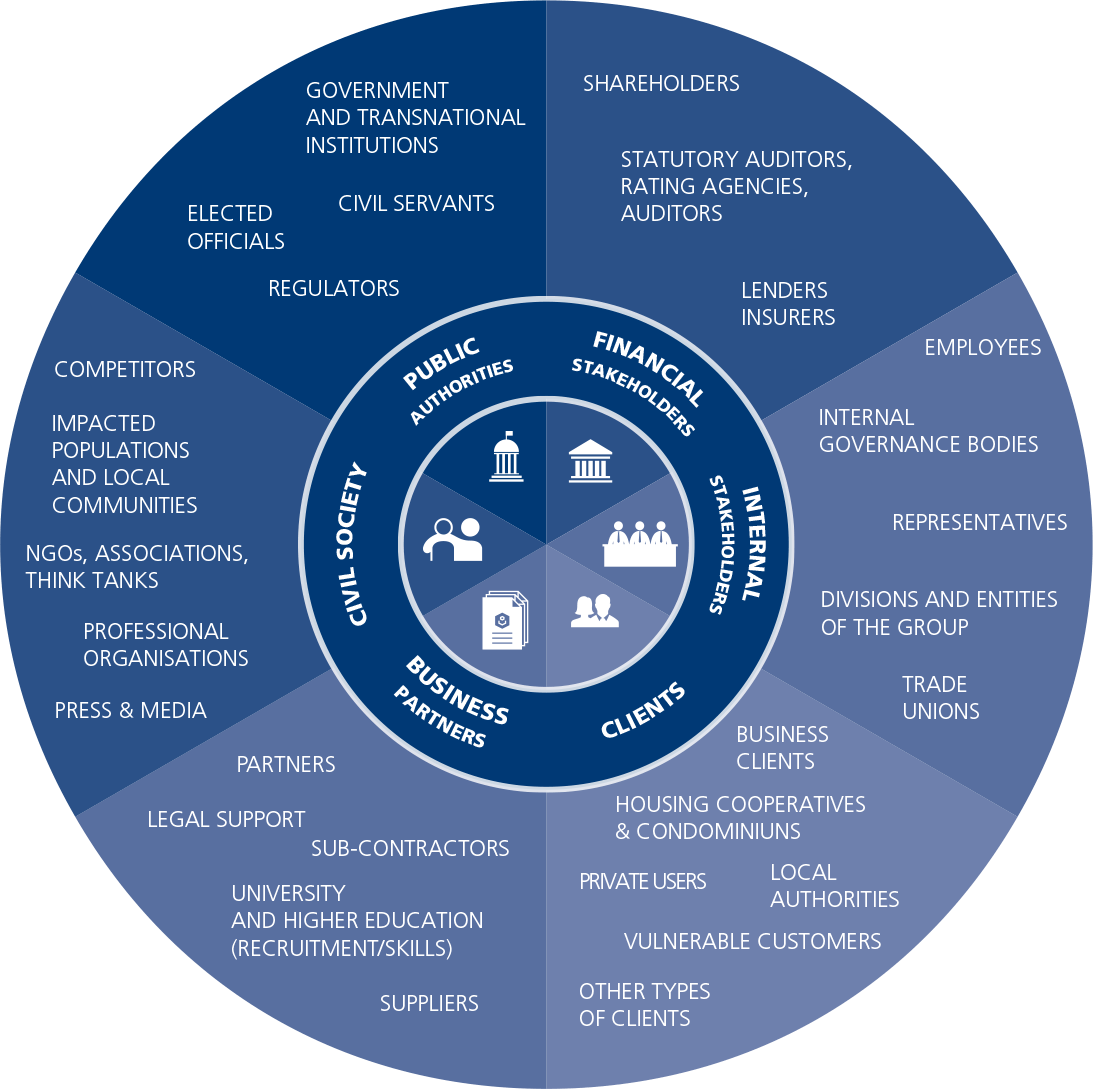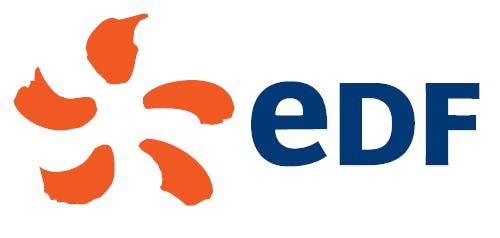Experience in public debate
One specific aspect of major local development projects in France is the ‘public debate’, a participatory process that lasts between four and six months during which individuals with an interest in the project can have their say about its implementation. EDF group has implemented many projects entailing a formal public debate.
| Dunkirk Wind farm | The public debate devoted to the Dunkirk offshore wind farm (1) ran from 14 September to 13 December 2020. Cross-border consultation opened up the discussion to include the role played by the landscape and local heritage in the identity of the French and Belgian coast. Consultation with the public and stakeholders continued after the end of the public debate. The resulting action plan will be reviewed annually. (2) |
|---|---|
| Nuclear fleet in France |
The consultation improving the safety of 32 French reactors was launched by France’s High Committee for Transparency and Information on Nuclear Safety (HCTISN). Given its responsibility for periodic review, EDF was involved alongside the main stakeholders in French nuclear power plant safety. 16 public meetings brought together a total of 1,300 people; 1,600 contributions were made to the digital platform consulted by 4,000 visitors. The public were invited to express their opinions about the ‘Response to Objectives’ brief in respect of the fourth periodic review of these reactors, submitted to the French Nuclear Safety Authority by EDF that produced a public report detailing lessons learned from this consultation(3). |
Fresh stimulus for dialogue with NGOs
EDF group has long-standing relations with NGOs, spanning all the Group’s various business lines on a regional, national, and international level. For more than twenty years, it has had an institutional outworking in the form of the Group’s Stakeholder Panels (Environment Panel, Societal Council, Sustainable Development Council, etc.). Regular discussions are held with leading non-governmental organisations covering issues such as the environment and human rights. These relations have led to many practical joint implementations. For instance, our bird life protection policy in respect of electricity infrastructures has been put together in consultation with France’s League for the Protection of Birds (LPO) (4). EDF recognises the vital role of NGOs in our societies, in particular as regards energy-related decisions, and is seeking do so more going forward.
Closer relations with NGOs aim to prevent the emergence of any high-risk situations by maintaining regular monitoring and establishing forums for dialogue. This also allows the Company’s decisions to be challenged, improves its expertise, and strengthens the legitimacy of Group projects. The Group encourages its employees to be involved in NGOs.
| Closer ties | A new policy currently under development takes into account the existing NGO environment, its dynamics, and recent modes of action. With this in mind, the position of NGO Relations Manager for the environment and human rights has been created within the Sustainable Development Department. |
|---|
3.4.1.1.2 An open dialogue with all, involving all the Group’s businesses and subsidiaries
The culture of dialogue promoted by the Group underpins the way it engages in stakeholder relations.
Mapping Group stakeholders to inform actions
Stakeholder relations are at the heart of EDF group’s CSR policy.
- The Group has drawn up an overall map of its stakeholders, approved by the Executive Committee; this provides Group divisions and companies with a framework within which to organise dialogue *.
- As part of ISO 9001 and 140001 certification, the Group’s divisions and companies systematically map their stakeholders in order to define appropriate modes of dialogue adapted to their specific context.
- Relations with local communities fall within the scope of internal control.
* Accompanied by a stakeholder relations guide produced with French CSR Observatory ORSE: orse.org/nos-travaux/nouveau-guide-un-comite-de- parties-prenantes-repense-pour-un-dialogue-renouvele

PUBLIC AUTHORITIES
- GOVERNMENT AND TRANSNATIONAL INSTITUTIONS
- CIVIL SERVANTS
- ELECTED OFFICIALS
- REGULATORS
FINANCIAL STAKEHOLDERS
- SHAREHOLDERS
- STATUTORY AUDITORS, RATING AGENCIES, AUDITORS
- LENDERS INSURERS
INTERNAL STAKEHOLDERS
- TRADE UNIONS
- DIVISIONS AND ENTITIES OF THE GROUP
- REPRESENTATIVES
- INTERNAL GOVERNANCE BODIES
- EMPLOYEES
CLIENTS
- OTHER TYPES OF CLIENTS
- VULNERABLE CUSTOMERS
- PRIVATE USERS
- LOCAL AUTHORITIES
- HOUSING COOPERATIVES & CONDOMINIUNS
BUSINESS PARTNERS
- PARTNERS
LEGAL SUPPORT
SUB-CONTRACTORS
UNIVERSITY AND HIGHER EDUCATION (RECRUITMENT/SKILLS)
SUPPLIERS
CIVIL SOCIETY
- COMPETITORS
- IMPACTED POPULATIONS AND LOCAL COMMUNITIES
- NGOs, ASSOCIATIONS, THINK TANKS
- PROFESSIONAL ORGANISATIONS
- PRESS AND MEDIA
(1) For a wind farm with 46 turbines and total capacity of 600MW.
(2) dunkerque-eolien.debatpublic.fr/actualites
(3) enseignements_edf_-_rp4_900.pdf
(4) Examples of long-standing and highly practical relations via panels include those with FNH, Care France, France Nature Environnement, ADIE, and ENDA Europe, as well as the involvement of Transparency
International in the materiality matrix review process carried out in 2017.
